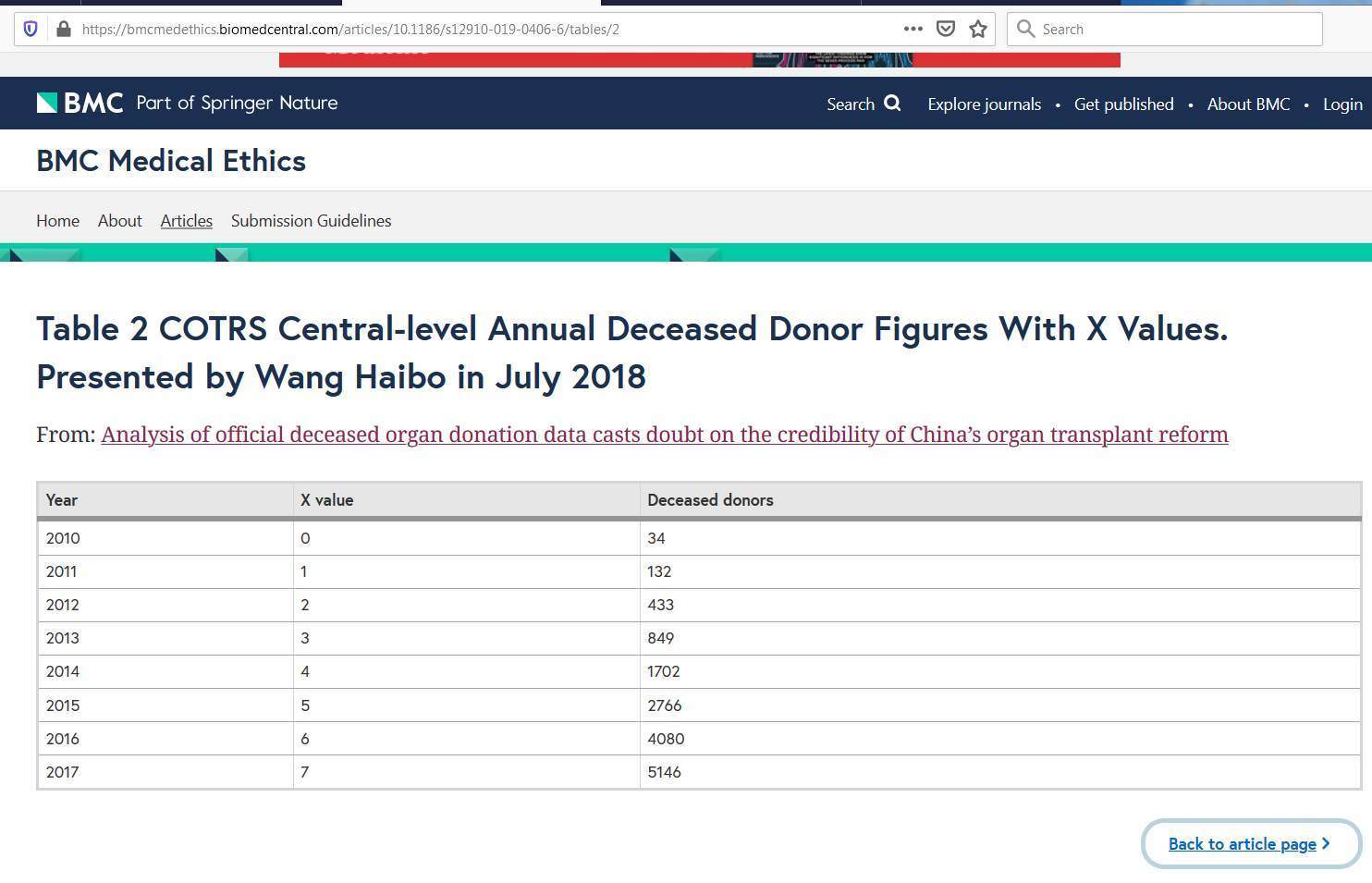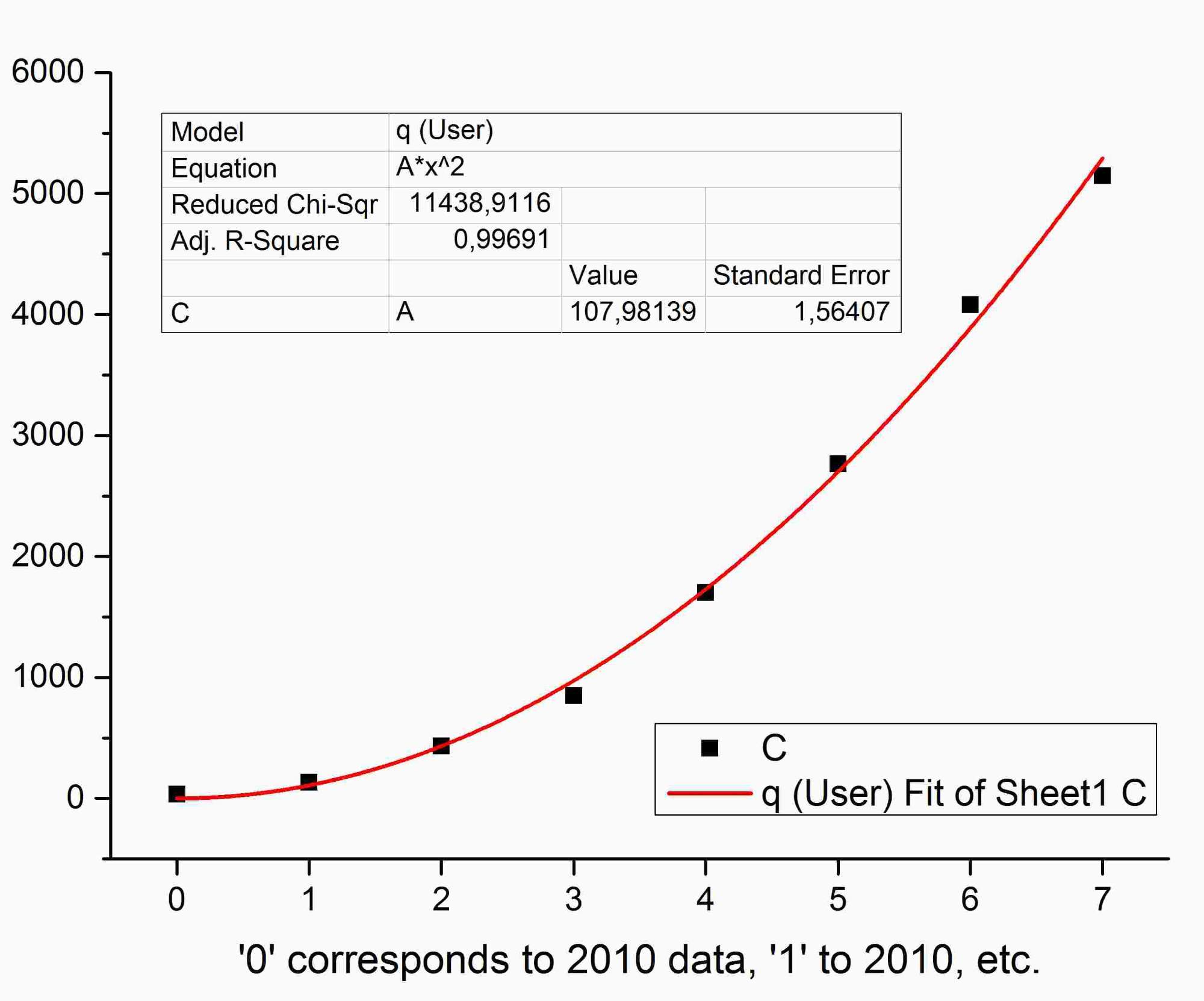Huawei breaks free from Trump's tech trap
Far from being hobbled, the Chinese company is winning with 5G
HONG KONG -- When Huawei Technologies was blacklisted by the U.S. earlier this year, its founder rolled out the war metaphors. Ren Zhengfei spoke of a "life or death crisis" and handed journalists photographs of a strafed World War II plane, explaining that Huawei had been similarly targeted by Washington.
Seven months later, the world's largest telecom equipment company appears barely hampered by U.S. sanctions against it. In this, it represents a microcosm of the wider tech war: America's bark is proving much worse than its bite.
The addition of Huawei and 70 affiliates to the U.S. "entity list" in May was intended to prevent the group from buying parts and components from U.S. companies without government approval. The move was widely expected to hobble the Chinese company; its reliance on American suppliers would prevent it from making some of its main products, analysts said.
But reality has turned out differently. Far from being hobbled, Huawei has prospered in the intervening months. It raised its global smartphone market share in the third quarter of this year -- partly because of strong domestic sales swelled by patriotic Chinese buyers -- while rival Apple suffered a setback. Its revenues in the first nine months of the year grew 24% year on year.
Of greater strategic importance has been Huawei's success in signing contracts with carriers around the world to install equipment for superfast 5G services that are expected to make the "internet of things" a daily reality. So far, the company has sealed 65 contracts, with almost half coming from European countries -- despite U.S. diplomatic efforts to persuade allies to shun its technology.
In the case of the U.K., executives said Huawei has signed 5G contracts with four domestic carriers. This has occurred even though London has yet to decide officially whether to allow Huawei into the British 5G infrastructure network. One U.K. carrier, EE, which uses Huawei equipment, says it has already switched on 5G in 14 cities across the country.
As Huawei gains ground abroad, it has been scaling back reliance on U.S. suppliers wherever possible. A teardown of its Mate 30 Pro -- its new 5G phone -- reveals a mere sprinkling of U.S. components. There are a couple of items from Texas Instruments, a noise amplifier from Cirrus and a module from Qualcomm.
Japanese and South Korean components have pushed out U.S. suppliers in other areas of the phone, while high-tech parts made by HiSilicon, which is owned by Huawei, have seen their representation surge in comparison with earlier models.
Indeed, the dawning 5G era is shaping up to be a humiliation for USA Inc. Not only is Huawei also swapping out U.S.-made parts from its 5G base stations, but an accelerated build out of network infrastructure in some parts of China is likely to mean that the country leads the world in popularization of the new standard. With Apple not due to launch its first 5G phone until sometime next year, Huawei looks set to enjoy early mover advantages.
The same dash for self-reliance is seen in other key fields such as chipmaking. Yangtze Memory Technologies, a new Chinese company that makes NAND flash memory chips, expects to triple production to 60,000 wafers a month from next year at its new $24 billion plant in Wuhan, according to .
In another example of the same trend, ChangXin Memory Technologies expects to quadruple production of DRAM chips to 40,000 wafers a month at its $8 billion facility in Hefei. The reason for the sharp increase in production plans is that chip customers are finding their quality sufficient relative to South Korean competitors, analysts said.
Overall, the U.S. tech war with China has fallen short of the intensity implied by Ren's military metaphors. Instead, Washington's actions are strengthening Huawei and redoubling China's broader insistence on self-reliance in crucial parts of the supply chain. This moment in history will become known as the time that China broke free.




